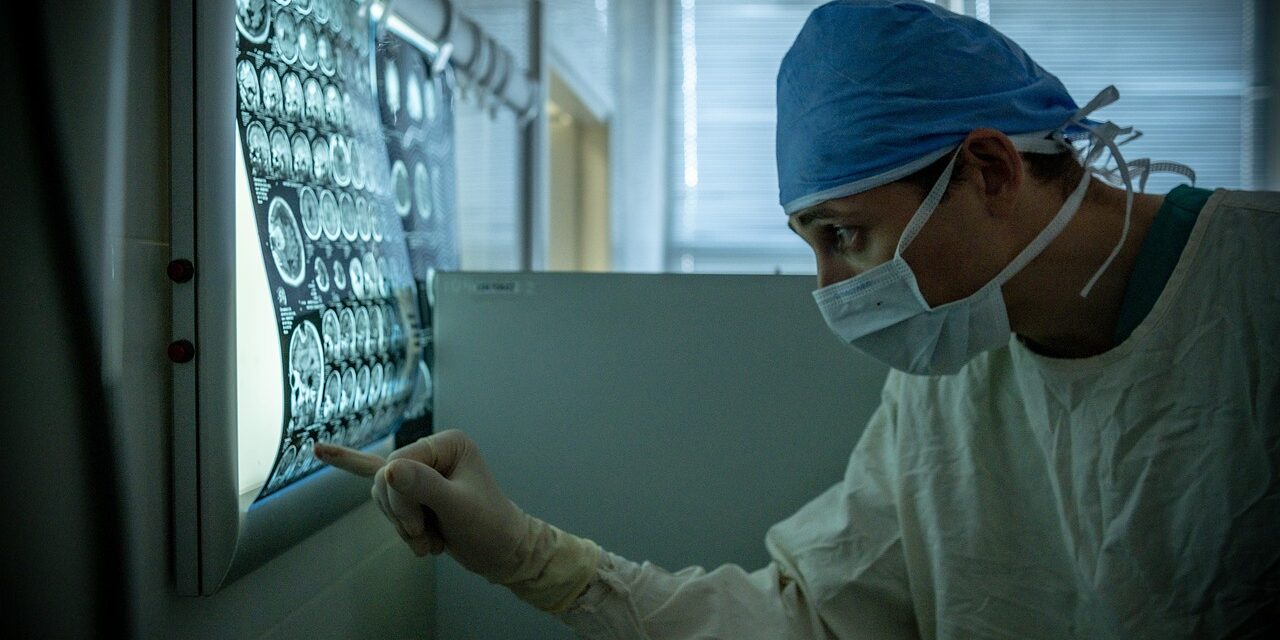An association accused a gynecologist who refused to examine a transgender woman of transphobia. The doctor said he was not qualified to examine people who underwent male-to-female surgery, but this did not sway the activists.
A French gynecologist, Dr. Victor Acharian, has been accused of transphobia after he refused to consult a transgender woman. The conversation was shared by the SOS homophobia organization on social media, where the doctor quickly became the target of LGBTQ activists.
Acharian defended himself by saying that he only treats biological women and that he does not have the professional qualifications to care for persons who have changed from male to female, reports with reference to the Voice of Europe news portal .
However, the SOS homophobia association was not satisfied with this answer, and even strongly condemned the gynecologist's statements, stressing that transphobia has real and harmful consequences, especially in terms of access to health care.
Responding to the controversy, Dr. Acharian, speaking to Sud Radio, expressed an apology to the transgender community. He attempted to clarify his position, stating that he was not homophobic, but admitted that he was clumsy in his response.
In the past, there was also an example in the United States of labeling a gynecologist who refused to accept a transgender woman as exclusionary. However, these cases are not surprising considering that previously the United Kingdom's National Health Service (NHS), for example, stated that not only women can have ovarian cancer.
And at one university in Scotland, midwifery students were taught how to treat people in labor who may still have male genitalia.
Some of the students harshly criticized the curriculum because, in their opinion, it ignores biology.
There have been examples of male births being promoted in the past. On the cover of The Practicing Midwife magazine, a trans man holds his baby, still connected by the umbilical cord. In the photo, the man raises his fist high, and a rainbow tattoo is visible on his forearm. The magazine also includes a comprehensive discussion in which they try to highlight the need to make transmasculine motherhood and maternity care more inclusive.
Photo: Dmitriy Gutarev / Pixabay













